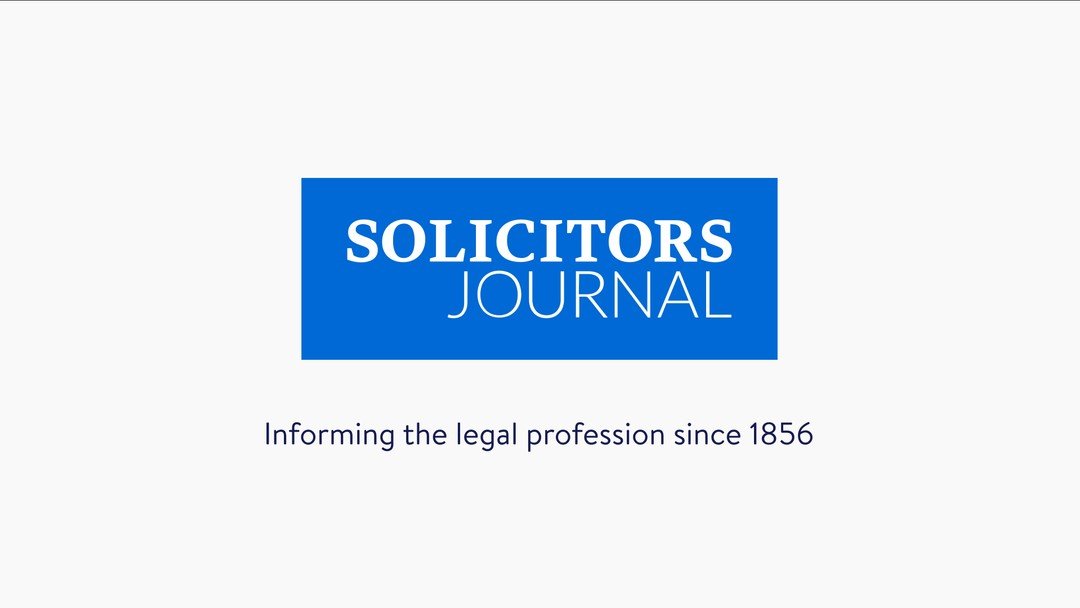A fine intervention

In taking a broad interpretation to the Commission's right to intervene in national competition cases the European court has made a sensible decision, says Paul Stanley
In 2003, EU competition law was reorganised in a way that was intended to devolve much of the responsibility, in particular for the civil law enforcement of EU competition law, to national courts and competition authorities. However, in order to maintain uniformity and consistency, the Commission and national authorities were given certain roles in relation to national court proceedings. This included a right for the Commission to intervene to make submissions in national cases.
To that end, Art.15(3) of Regulation 1/2003 provides that national competition authorities 'may submit written observations to the national courts of their Member State on issues relating to the application of [Arts.81 or 82 EC]', and that '[w]here the coherent application of [Arts 81 or 82] so requires, the Commission... may submit written observations to the court of the Member States'.
In Case C-229/07 Inspecteur van de Belastingdienst v X BV (4th Chamber, 11 June 2009), the ECJ has had to consider the ambit of these provisions. The context of the case was that X BV, a Dutch subsidiary of a German company, tried to claim tax relief on part of a fine for breach of EU competition law imposed on its parent company. This led to proceedings in the Netherlands, in which the Commission wished to intervene to submit written observations. The Dutch court seised of the case questioned whether the Commission was competent to intervene.
In essence, the case turned on the construction of Art.15 of Regulation 1/2003. Was it implicit in that article that the Commission's right to intervene arises only in respect of 'issues relating to the application of [Arts 81 and 82]' (as with national authorities); or is the right to intervene wider, so that it arises in any case where the Commission considers that the 'coherent application' of those articles requires intervention, even if the case does not directly raise or concern them?
The ECJ preferred the broader interpretation. It saw real significance in the differences between the way the right of national authorities to intervene was defined (by reference to subject matter: 'on issues relating to the application ...') and the way the Commission's right was defined (by reference to purpose: 'where the coherent application ... so requires').
The sole consideration governing the legitimacy of an intervention by the Commission is whether the intervention is required to ensure the coherent application of competition law; subject to that condition being satisfied, the actual subject matter of the case in which the intervention occurs, and of the intervention itself, is not prescribed or circumscribed.
Applying that broad test, the ECJ was satisfied that the Commission had a legitimate interest, for the sake of the proper application of Arts.81 and 82, in commenting on the tax treatment of fines.
The effectiveness of penalties is essential, and their tax treatment may affect that.
It was, as the ECJ put it, 'quite clear' that the effectiveness of penal provisions of Community law might be affected by their tax treatment, and accordingly the Commission was entitled to intervene.
This is a generous judgment, in a sense; it would have been possible to read the relevant provision of Regulation 1/2003 more narrowly in purely linguistic terms. Certainly the case raised a form of intervention in an area outside the core area for which the provision was intended. But the judgment is surely entirely sensible.
It would be a thousand pities if the very limited right granted to the Commission (after all, no more than a right to make submissions) were unduly or technically limited. It seems extremely unlikely that the Commission will in any way abuse this right.
